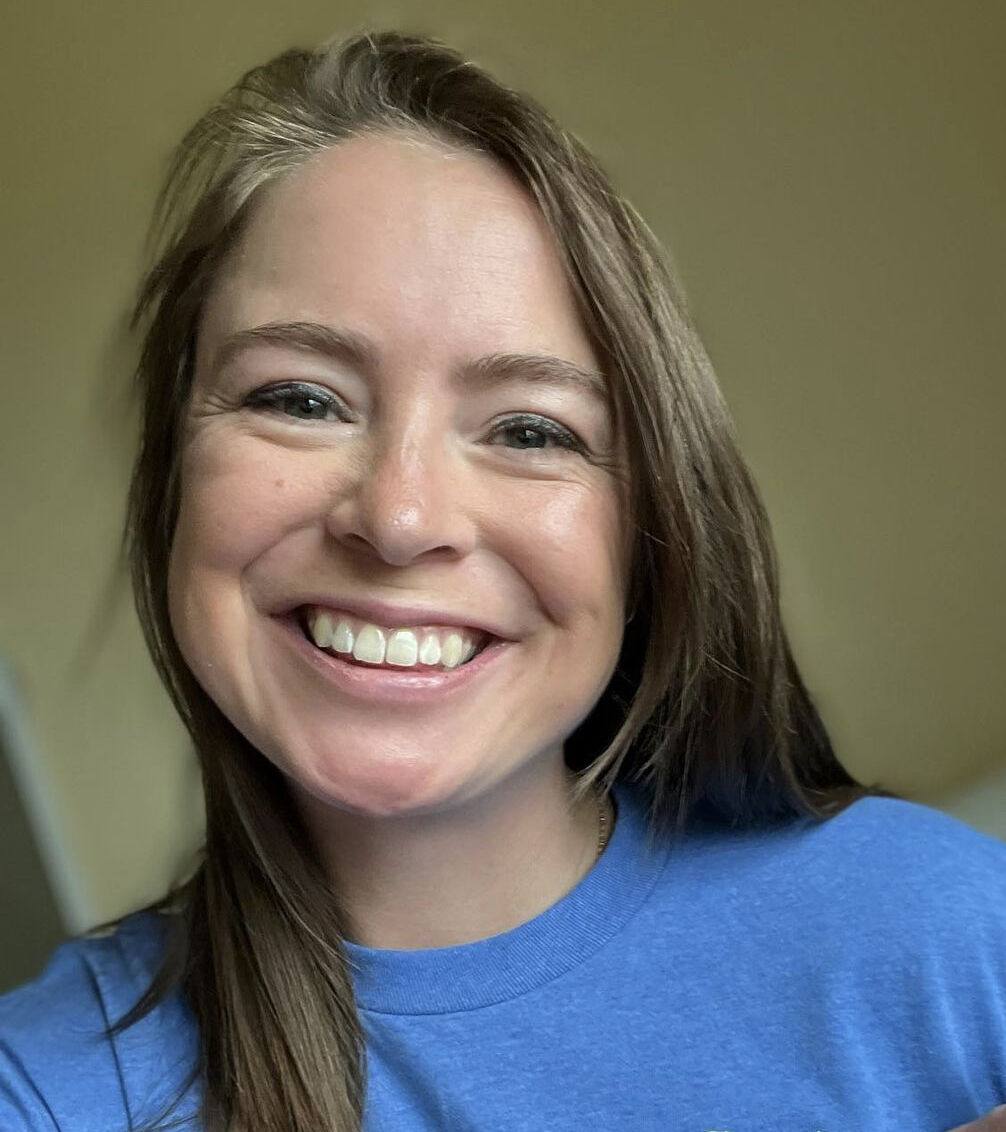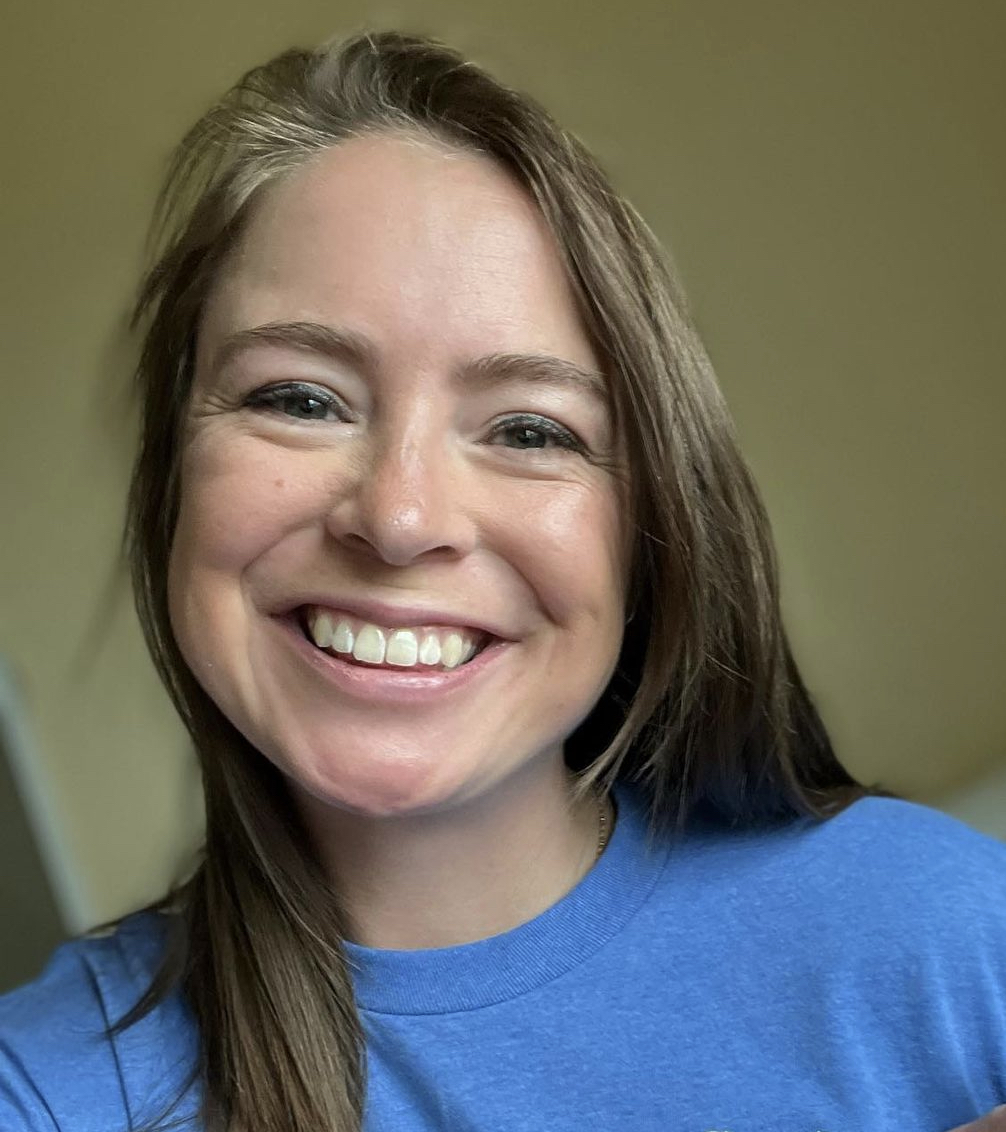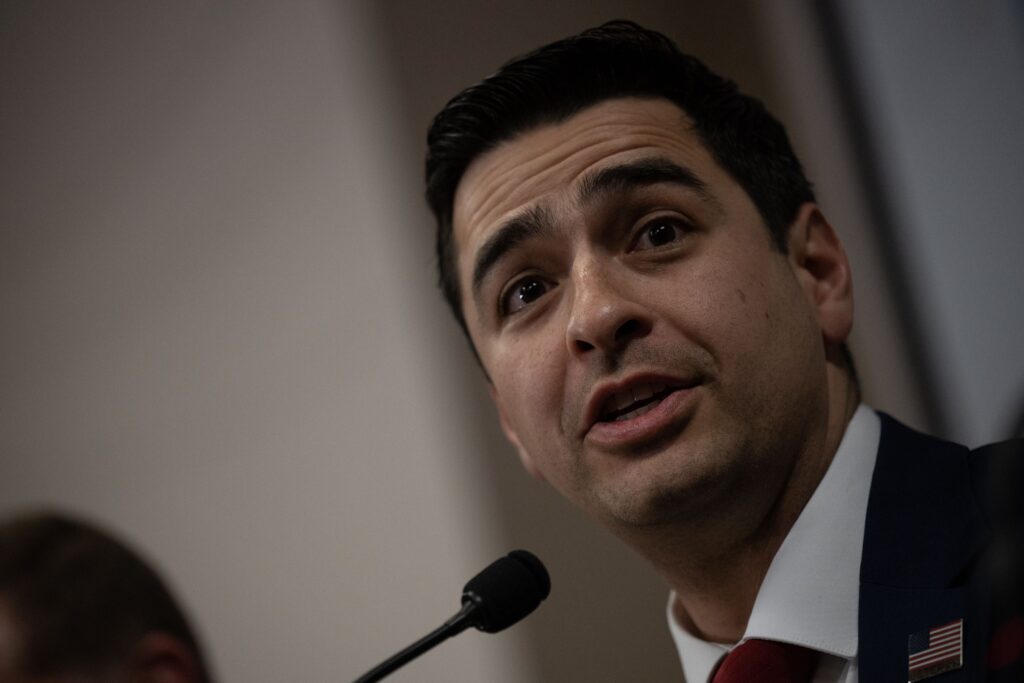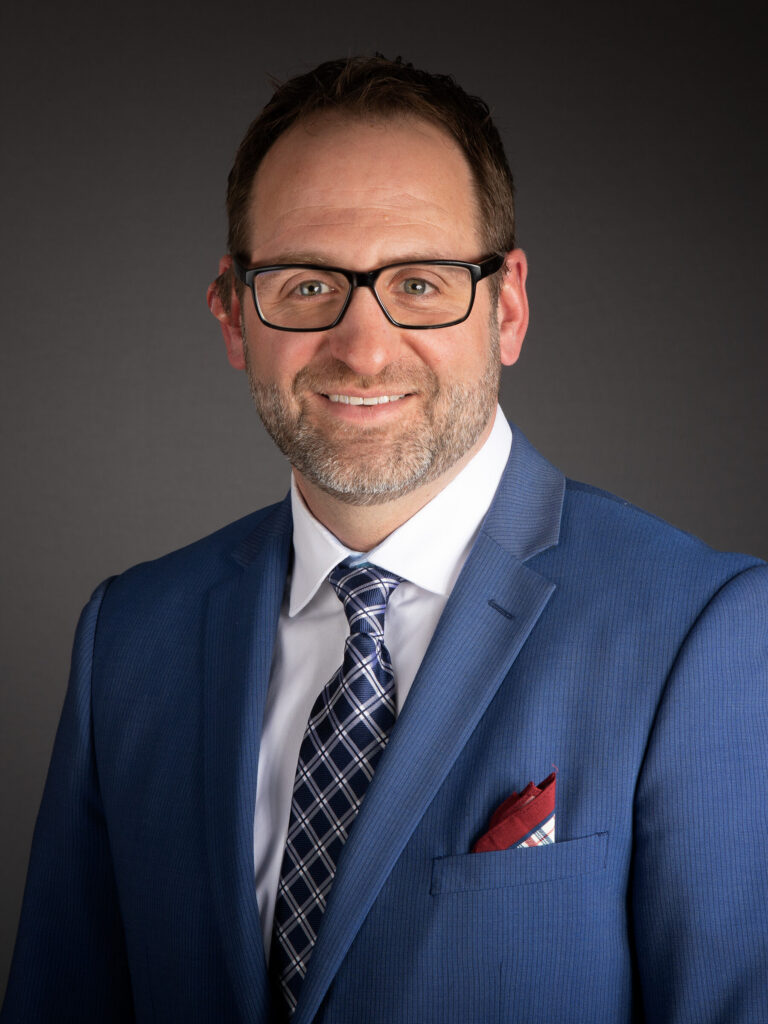A plea for rare disease medication access | PODIUM


When you’re diagnosed with a life-threatening condition like Cystic Fibrosis (CF), the challenges you face aren’t just medical. The financial burden is an additional load, one that too often weighs heavily on patients and their families. But because of potential decisions that the newly-created Prescription Drug Affordability Board are faced with, the situation for rare-disease patients may be about to get much worse.
The state’s proposal to impose upper price limits on medications, including those for rare diseases like Cystic Fibrosis, is a well-intentioned attempt to curb pharmaceutical costs. But though the initiative aims to reduce the strain on our healthcare budget, it threatens to leave patients like myself and countless others without the life-saving treatments they rely on.
Understanding CF is vital to grasp the gravity of this situation. A rare disease, it affects around 1,000 individuals in Colorado and nearly 40,000 nationwide. It’s a devastating condition, known for causing progressive lung damage, but it also impacts virtually every organ in the body. Diagnosed at just four months, I have faced the grim realities of this illness firsthand. After a long childhood of dealing with the disease, I received a double lung transplant in 2017, a procedure that awarded me six additional years of life and counting.
Fortunately, the fate of CF patients has shifted. Previously, many weren’t expected to reach adulthood. Yet, with advancements in medical science, more than half of those living with CF today are adults. Such progress hasn’t come cheap. Life expectancy has improved due to expensive therapies like Trikafta, which addresses CF’s root problem.
Stay up to speed: Sign-up for daily opinion in your inbox Monday-Friday
The results have been nothing short of miraculous. Friends of mine, once on the brink of needing a double transplant, found it no longer necessary after starting on Trikafta. Others were able to relinquish oxygen therapy or return to gainful employment. This medication has not just improved quality of life for many with CF; it has extended it.
However, the proposed price caps threaten access to this transformative treatment. With no generic alternatives available, the implications of such a possibility are dire. Patients losing access to their medications isn’t just a matter of reducing their quality of life; it’s a matter of life and death. CF patients undergo intensive treatments daily, and many of those who succumbed to CF last year were under the age of 40.
It’s crucial to emphasize this issue isn’t confined to the CF community. Other rare diseases, like Sickle Cell, Duchenne and Spinal Muscular Atrophy, also rely on expensive medications. The proposed price caps, though aimed at controlling runaway pharmaceutical pricing, may inadvertently stifle innovation in the biotechnology sector.
Yes, we need to address the skyrocketing costs of medications, but not at the expense of those who have no alternatives. We cannot allow a situation where patients are forced to move out of our great state in order to maintain access to medical treatment.
My plea, on behalf of the CF community and all those with rare diseases, is simple yet urgent: as we work to reform the pharmaceutical industry, we must ensure the most vulnerable among us aren’t left behind. Colorado’s residents depend on it.
Rima Manomaitis is an adult living with Cystic Fibrosis. She was diagnosed at four months old. She went to college at Franklin Pierce University and received a bachelor’s degree in Environmental Science. In 2017 Rima received a double lung transplant at the University of Minneapolis hospital. She is now six years post-transplant and works part-time for a non-profit for Cystic fibrosis. In her free time she likes to hike and make pizza.













